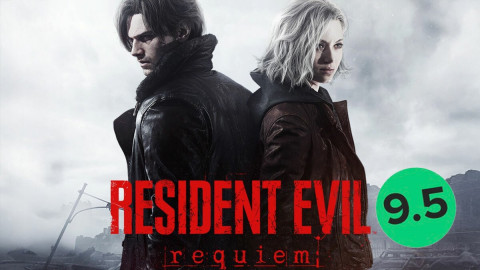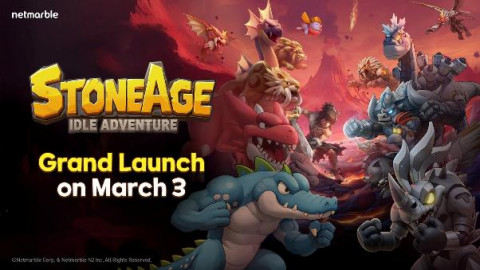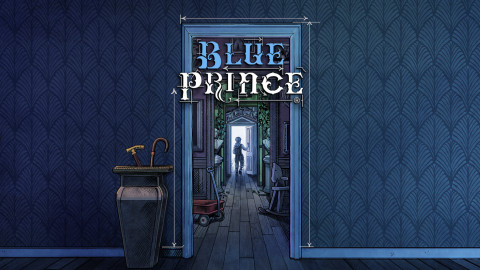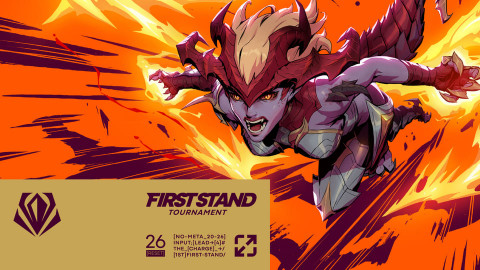
Wemade's new MMORPG, Night Crows, has been rapidly gaining traction, achieving a cumulative revenue of $10 million in just about three days since its global service launch on Mar. 12. According to Wemade, this revenue figure is ten times higher compared to Mir 4, released in 2021, making Night Crows the highest-performing game among those serviced by Wemade.
At GDC 2024, currently underway at the Moscone Center in San Francisco, Robin Seo, Director of Creativity at Wemade, had a session on the success factors behind Night Crows. In this session, Robin Seo emphasized, "There is no special combination that guarantees the success of a game, and even if many factors are met, the future of the game is uncertain," adding, "I would like to talk about the unique economic system within Night Crows, which Wemade considers a success factor."

Since its global release, Night Crows has been generating remarkable metrics in a short period. Total registrations exceeded one million within five days of release, and the Daily Active Users (DAU) surpassed 500,000 the following day. Moreover, the expenditure rate on the first day of the game reached 24.6%. Robin Seo attributed the achievement of these metrics to the 'open economy' of the global version released on Web3.
He explained that in typical online MMORPGs, the flow of goods or items is characterized by a closed circulation within the game. This entails a unidirectional cycle where publishers or developers provide in-game currency to players, who, in turn, provide cash currency to the publishers.
In contrast, the economy pursued by Night Crows allows players to hold positions where they can provide assets or in-game currency. The key elements enabling this are the systems within Night Crows called MUTE and CANE.

Firstly, MUTE is a kind of currency system within Night Crows consisting of a total of seven tokens. At the core is a token called CROW, which can be obtained through minting, supplemented by six types of in-game assets obtainable through farming or crafting. These multi-tokens allow in-game items to be exchanged for various tokens outside the game, which can be freely used or exchanged both inside and outside the game, and even transferred between servers.
Robin Seo cited the emergence, within eight days of the global server release, of a specific user group who engaged in activities such as purchasing tokens on Server A and selling them on Server B to make a profit, albeit unintentional methods in the game. He explained that such player behavior is entirely the choice of the player and that players can also serve as providers who sell assets at any time, which is a characteristic of Night Crows.
CANE, on the other hand, refers to a system where players can extract their characters raised in the game as NFTs and sell them to other users. For example, when players want to stop playing a character they have leveled up to 50, they can create an NFT of that character at any time and trade it with others. The purchaser can register the NFT on the metadata server and continue playing the game with the same progress as before. This enables player-to-player transactions without devaluing in-game assets.

Concluding the introduction of the Night Crows' economic system, Robin Seo argued, "Games can be perceived as having value beyond hobbies, to the extent of investment." While it may not be easy to pay large sums for a game played simply as a hobby, being able to utilize it outside the game and sell it to others allows for 'investment' in the game.
Moreover, he stressed the importance of a trading platform that does not require 'trust' for the smooth operation of such an economic system. Rather than relying on trust in transactions based on third-party trading, it is necessary to ensure that transactions take place as designed by the game. Reducing concerns and burdens such as fraud from third-party trading is also crucial.
As he wrapped up the introduction of Night Crows' economic system, Robin Seo remarked, "The proportion of Web3 game users accounts for 15-16% of gamers worldwide, which has grown rapidly more than twice as much compared to a few years ago when it was 8%." He continued, "I believe that this economic model could become a new turning point in the gaming industry. It will surely move forward from the current situation where NFTs are merely sold, and blockchain is used only as a means of noise marketing."

Sort by:
Comments :0








